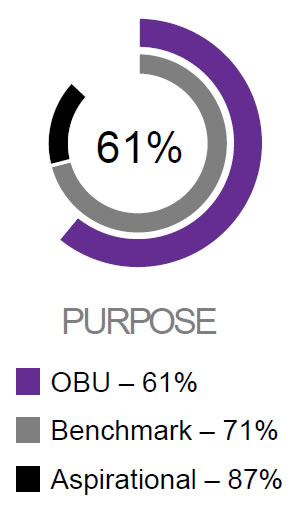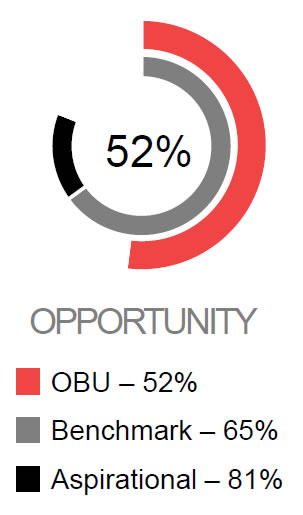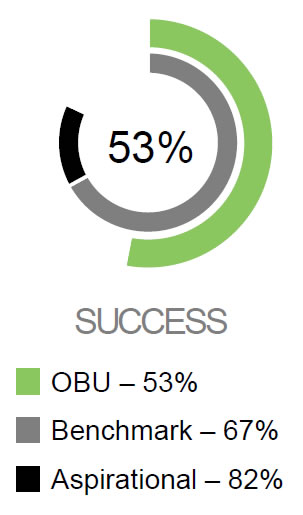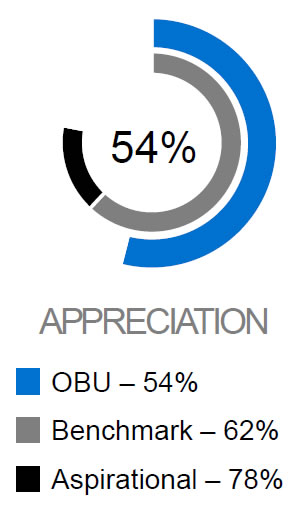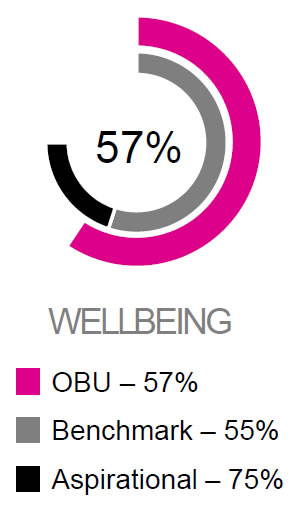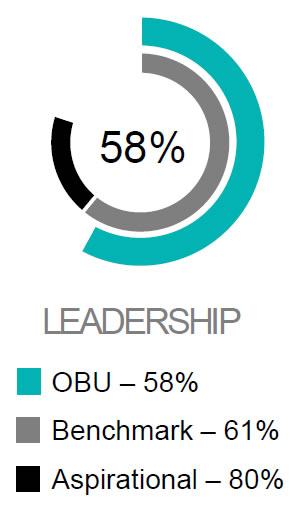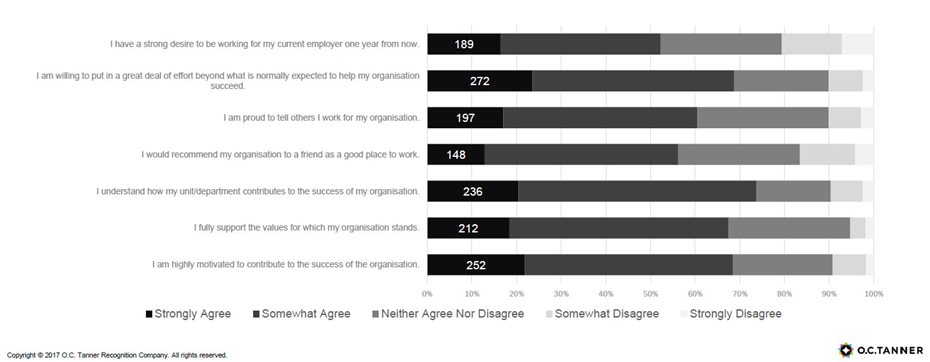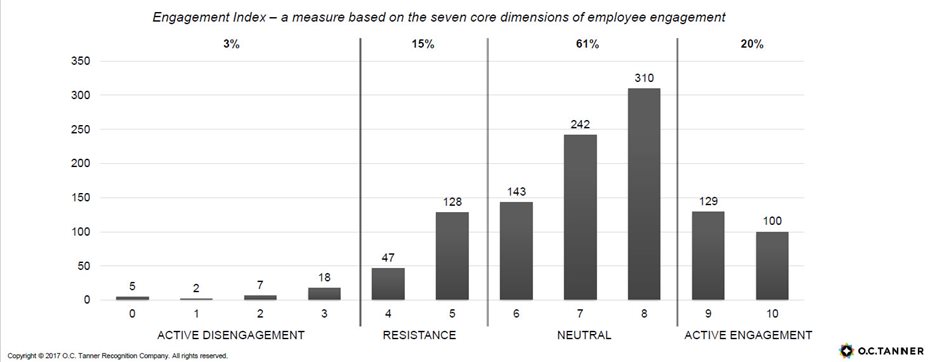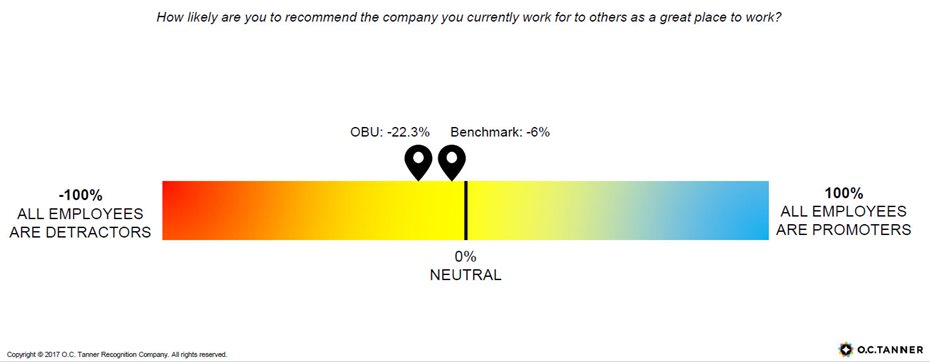The results of the survey and interviews were analysed by O.C.Tanner. The insights gathered revealed four key themes:
- Many people are experiencing challenges in relation to wellbeing which puts them at risk of burnout
- Silos exist in the workplace causing points of tension and frustration and in some cases are getting in the way of effective working
- The organisation can feel rather comfortable and risk averse which can constrain our progress and ability to flex and innovate
- Empowerment is desired, yet ownership and decision rights are often unclear and inconsistent.
This page provides the headline results from the survey itself along with links to the more detailed results which breakdown into individual questions beneath the various themes as well as comparing results between various groups.
We have not shared the EDI related data here because some of the groups were relatively small in number. However, this information will be used to inform the EDI work being taken forward by the new EDI team in the People Directorate.

